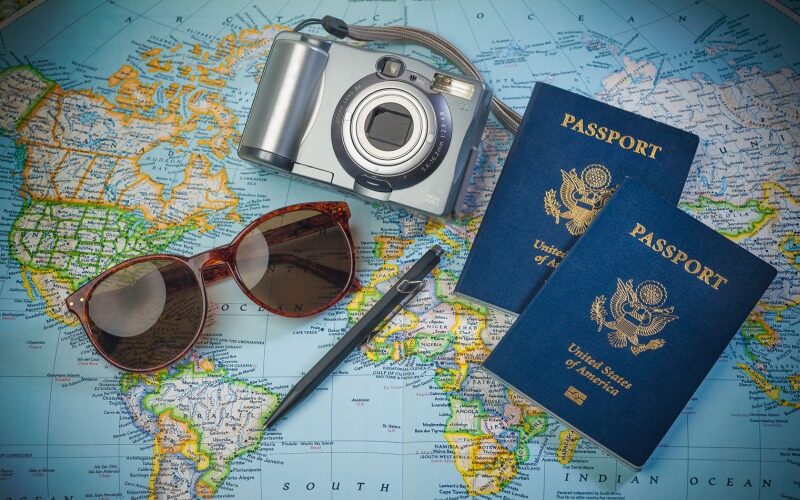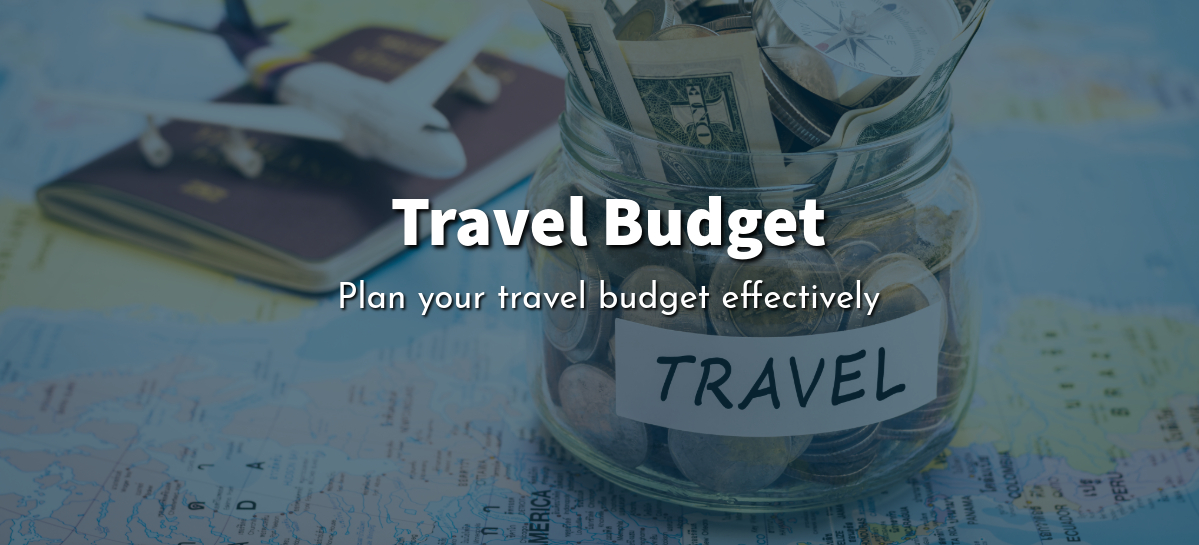International Travel and Safety Tips You Need To Know Before You Go

When traveling to other countries, there are several things you should consider and prepare in advance to ensure a smooth and enjoyable trip. Here are some of the most important things to keep in mind:
- Passport and visa requirements: Make sure you have a valid passport and any required visas for the countries you will be visiting. Check the expiration date of your passport, and make sure it is valid for at least six months beyond your return date.
- Health and vaccination requirements: Check if any vaccinations or medical exams are required for the countries you will be visiting. Make sure you have any necessary medications or prescriptions filled in advance.
- Currency and money: Research the currency used in the countries you will be visiting and plan accordingly. It is a good idea to have a mix of cash and credit cards, and to notify your bank and credit card companies of your travel plans to avoid any issues with fraud protection.
- Language and culture: Learn some basic phrases in the local language, and research the culture and customs of the countries you will be visiting to avoid any unintentional cultural misunderstandings or offenses.
- Transportation: Research the transportation options available in the countries you will be visiting, including public transportation, taxis, and car rentals. Make sure you have the necessary licenses and insurance if you plan to drive.
- Accommodation: Book your accommodation in advance, and research the neighborhoods and safety of the areas you will be staying in.
- Travel insurance: Consider purchasing travel insurance to protect yourself from unforeseen events such as trip cancellations, medical emergencies, and lost or stolen baggage.
Where Can I find the latest travel advisory when traveling overseas?
You can find the latest travel advisories and safety information for overseas travel on the website of your country’s government travel advisory agency. Here are some examples of popular government travel advisory websites:
- United States: The U.S. Department of State’s Bureau of Consular Affairs website provides travel advisories, country-specific information, and safety tips for U.S. citizens traveling abroad. The website can be found at https://travel.state.gov/content/travel/en/traveladvisories/traveladvisories.html/.
- United Kingdom: The Foreign, Commonwealth and Development Office (FCDO) provides travel advice and safety information for British nationals traveling abroad. The website can be found at https://www.gov.uk/foreign-travel-advice/
- Canada: The Government of Canada’s travel advisory website provides information on safety and security, health, and entry and exit requirements for Canadian travelers. The website can be found at https://travel.gc.ca/travelling/advisories
- Australia: The Australian Government’s Smartraveller website provides travel advisories and safety information for Australian travelers. The website can be found at https://www.smartraveller.gov.au/.
It is important to check the travel advisories for the countries you plan to visit before making travel arrangements. These advisories provide information on safety and security issues, as well as any travel restrictions or warnings that may be in place.
8 basic safety tips for international travel
Here are some basic safety tips to keep in mind when traveling overseas:
1. Research your destination
Before you travel, research the destination you will be visiting. Learn about the local culture, customs, and laws, as well as any safety concerns or risks that may be present.
2. Checkup and Vaccines
- Make sure you get a physical before your trip to make sure you’re healthy enough to go abroad, and learn about the health risks in the country you’re going to.
3. Keep important documents safe
Keep your passport, visa, and other important documents in a secure location, such as a hotel safe or hidden money belt. Make electronic copies of your documents and keep them separate from the originals.
4. Stay aware of your surroundings
Pay attention to your surroundings and be alert to any suspicious behavior or activity. Avoid carrying large amounts of cash or valuables, and be cautious of pickpockets or other thieves.
5. Use common sense
Use common sense and good judgment when traveling. Avoid risky behavior, such as excessive drinking or drug use, and be respectful of local customs and traditions.
6. Stay connected
Keep in touch with friends and family back home, and let them know your travel plans and itinerary. Keep your cell phone charged and carry a charger or power bank with you.
7. Your safety first
If you get mugged, don’t attempt to fight the person who took your things. Nothing is worth getting hurt or dying over. Quickly give up the items, and when you are no longer in danger, go to the nearest U.S. Consulate or the right authority to report the incident.
8. Be prepared for emergencies
Carry a basic first aid kit with you, and know the location of the nearest hospital or medical facility. Consider purchasing travel insurance to cover any medical emergencies or other unexpected events.
International travel can be exciting and rewarding, but you need to take steps to ensure your safety. It will take a mix of planning, awareness, and common sense. Respect the local laws and customs, including rules about what to wear and cultural norms. Be aware of any restrictions on photography or public display of affection. You can help make sure your trip is safe and fun by taking these steps and learning more about the place you’re visiting.
How to find the location of US embassies in other countries?
The U.S. Department of State’s website provides a search tool for locating U.S. embassies and consulates in other countries. Here are the steps to use the search tool:
- Go to the U.S. Department of State’s website at https://www.usembassy.gov/.
- Click on the “Find U.S. Embassy or Consulate” button located on the homepage.
- Enter the name of the country you will be visiting in the search bar, or click on the country name in the list provided.
- The website will provide a list of U.S. embassies and consulates in the country, along with their addresses, phone numbers, and other contact information.
Is it important to know the location of the US embassy when traveling to other countries?
It is a good idea to know the location of the U.S. embassy or consulate in the country you are visiting when traveling abroad. U.S. embassies and consulates can provide a range of services to U.S. citizens traveling overseas, such as:
- Emergency assistance: If you lose your passport, are a victim of crime, or experience a medical emergency, the embassy or consulate can provide assistance and guidance.
- Legal assistance: If you are arrested or detained, the embassy or consulate can provide information on local laws and assist in finding a lawyer.
- Travel information: The embassy or consulate can provide information on local conditions and any travel advisories or warnings that may be in place.
- Voting assistance: The embassy or consulate can provide information on voting procedures and assist with absentee voting for U.S. elections.
While you may never need to contact the U.S. embassy or consulate during your travels, knowing their location and contact information can provide peace of mind and help ensure that you are prepared in case of an emergency.
How's the US consulate different from the us embassy?
The primary difference between a U.S. embassy and a U.S. consulate is the level of diplomatic representation and the range of services provided.
A U.S. embassy is typically located in a country’s capital city and serves as the primary diplomatic mission for the United States in that country. It is headed by an ambassador and provides a wide range of services to U.S. citizens, including consular services, such as issuing passports and visas, and providing assistance to U.S. citizens in emergency situations.
A U.S. consulate, on the other hand, is a smaller diplomatic mission that is typically located in a major city within a country. It is headed by a consul general and provides a more limited range of services than an embassy. Consulates generally focus on providing consular services, such as issuing visas and passports, and assisting U.S. citizens in emergencies. They may also engage in economic, political, and cultural activities to promote U.S. interests in the host country.
In summary, while both U.S. embassies and consulates provide important services to U.S. citizens traveling abroad, embassies are larger and more comprehensive diplomatic missions, while consulates are smaller and more focused on consular services.















